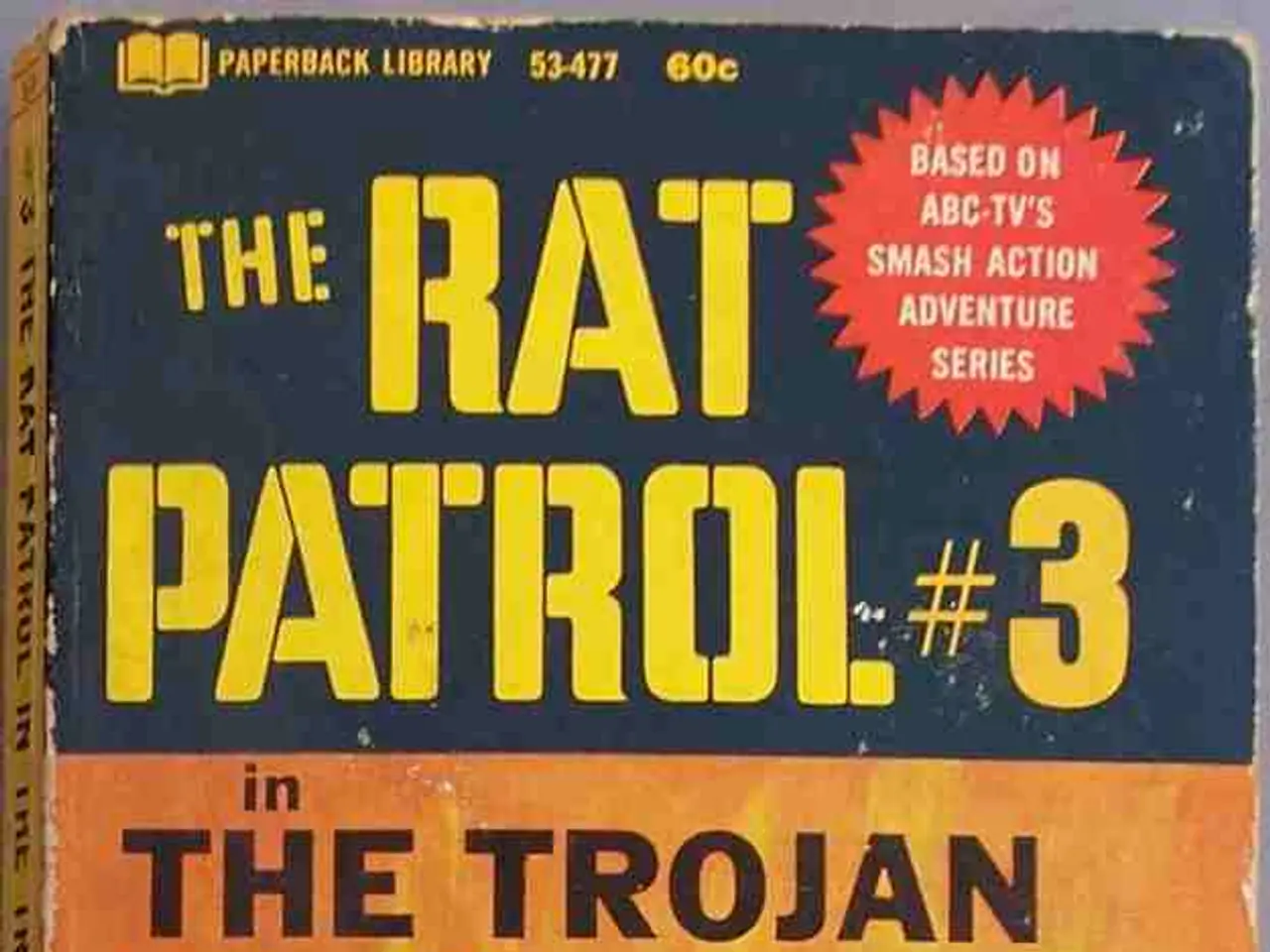Challenges and risks confronted in ensuring security assurances for Ukraine
The international community is making significant strides in providing security guarantees for Ukraine, aiming to deter future attacks from Russia. This new approach represents a more concrete and multi-domain commitment than previous efforts, focusing on a postwar European-led deterrent force supported by substantial US military assets [1][4].
Previously, Ukraine's security guarantees were limited, with a weapons pipeline and considerable intelligence sharing being the mainstay [2]. However, the new proposals emphasize a long-term deployment of foreign troops and monitors in Ukraine, including a demilitarized zone (DMZ) patrolled by neutral peacekeeping forces and Ukrainian forces armed and trained by NATO [3].
The deterrent force is designed to include a substantial US military presence in Ukraine, not necessarily frontline combat troops, but air defense, long-range fires, special forces, command and control, and intelligence capabilities [4]. European states would provide the bulk of troops, assured by US support, creating a layered defense to deter future Russian aggression by threatening the viability of any renewed territorial gains by Russia.
NATO Secretary General Mark Rutte described any US involvement as a "breakthrough," while US President Donald Trump suggested that security guarantees "would be provided by the various European Countries, with a coordination with the United States of America" [5]. However, Trump has rejected the prospect of US troops being deployed to Ukrainian soil.
Moscow has also insisted that any peace settlement include limits on the numbers and capabilities of Ukraine's military [6]. Volodymyr Zelensky, the President of Ukraine, stated that these guarantees are the starting point for ending the war [7]. The discussions about a peace deal for Ukraine focus on security guarantees as a key issue.
The coalition, known as the Coalition of the Willing, is working out what they can offer in terms of security guarantees [8]. Some 30 countries have signed up to the coalition, but what they would each be prepared to contribute is as yet unclear [9]. The International Institute for Strategic Studies suggests that a fully-fledged assurance force would require far more than 100,000 troops, which is a huge stretch for European armies [10].
The US has important capabilities that the Europeans don't, such as intelligence gathering and the ability to suppress enemy air defenses at scale [11]. A presence of airpower in Poland and Romania could provide surveillance and reconnaissance, but would struggle to maintain air superiority if challenged by the Russians [12].
Despite the challenges, the proposed security guarantees for Ukraine envision a robust, multi-domain, and sustained defense commitment, with the potential to significantly enhance Ukraine's military stability post-conflict. The aim is to deter further Russian incursions and provide reassurance forces at sea, in the air, and on land that the allies are ready to provide to Ukraine.
Read also:
- United States tariffs pose a threat to India, necessitating the recruitment of adept negotiators or strategists, similar to those who had influenced Trump's decisions.
- Weekly happenings in the German Federal Parliament (Bundestag)
- Southwest region's most popular posts, accompanied by an inquiry:
- Discussion between Putin and Trump in Alaska could potentially overshadow Ukraine's concerns








